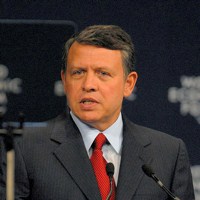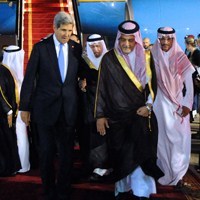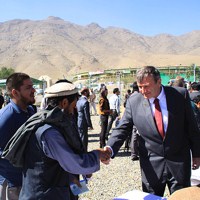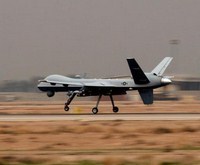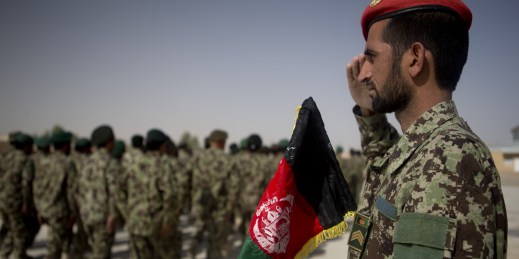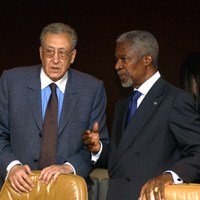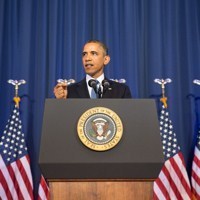
In the last sections of his 2014 State of the Union address, after devoting a good deal of attention to strategies for restoring America’s domestic prosperity, President Barack Obama turned to U.S. foreign policy. The bulk of his comments about America’s place in the world dealt with Middle East issues—four paragraphs about Syria and chemical weapons, the negotiations over Iran’s nuclear program, the search for peace between Israel and the Palestinians and the continuing struggle against extremist organizations that threaten U.S. interests. Earlier in the speech, the president, focusing exclusively on the perceived benefits to American workers, called on Congress […]

